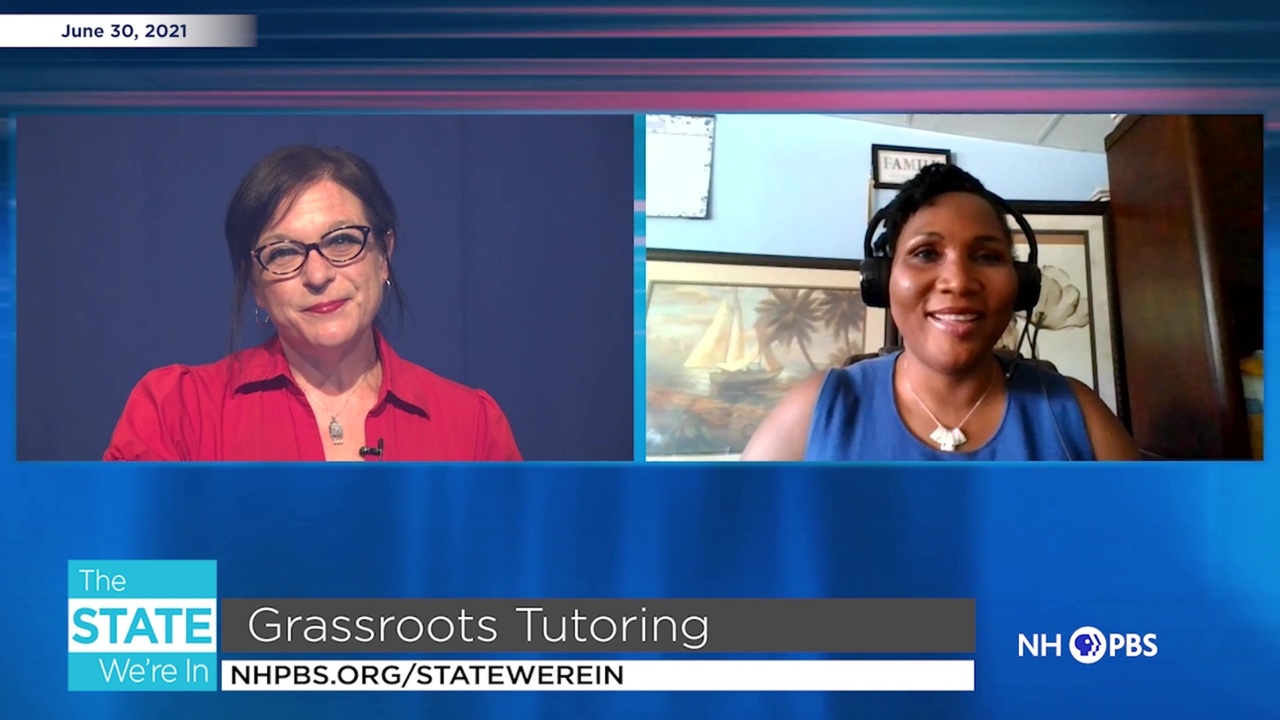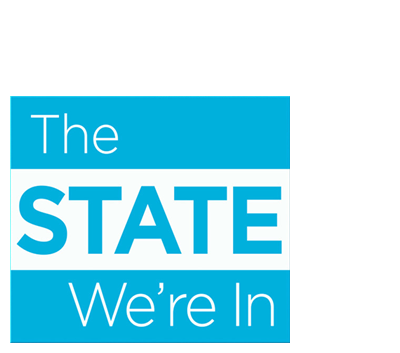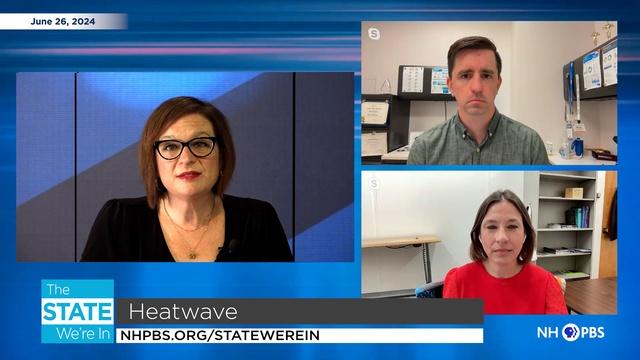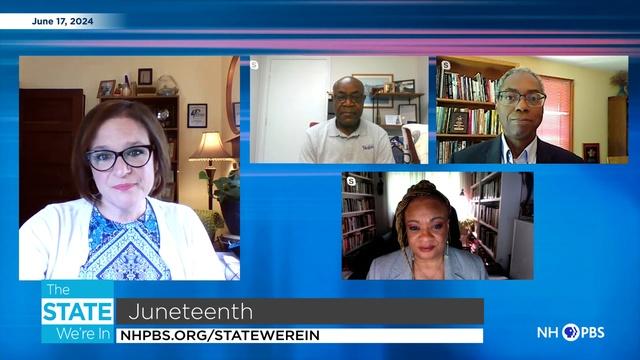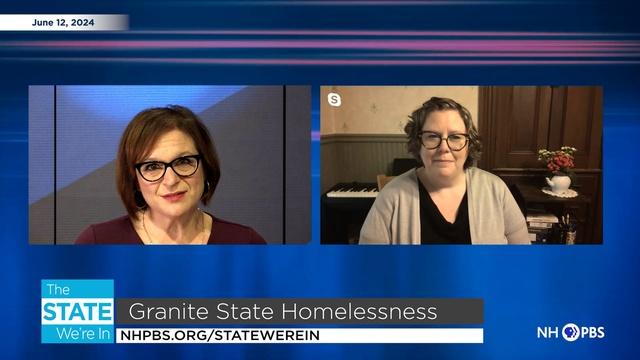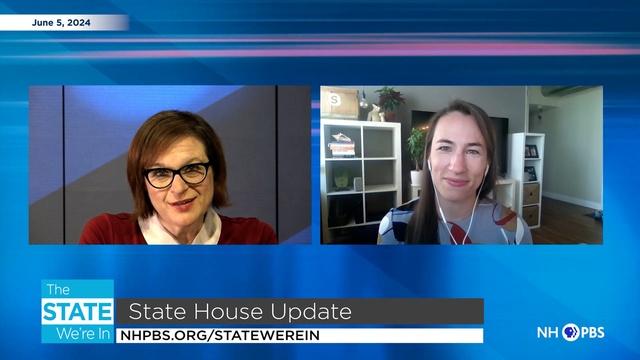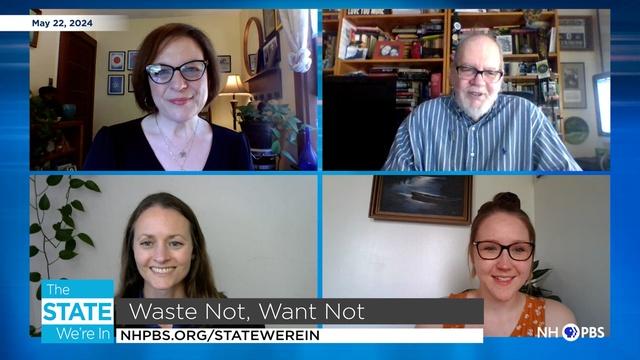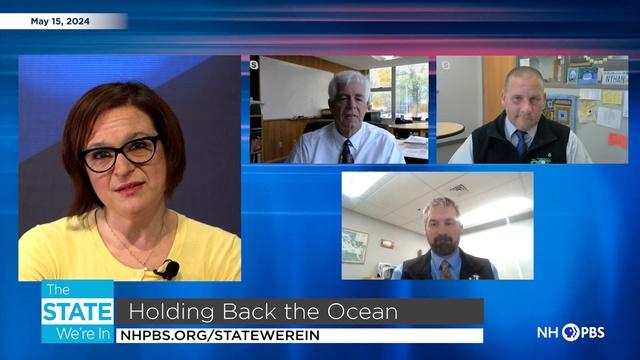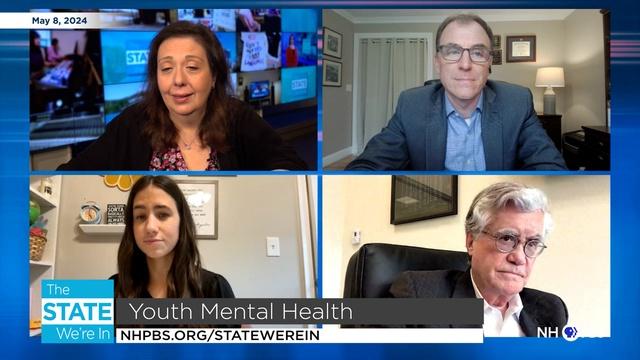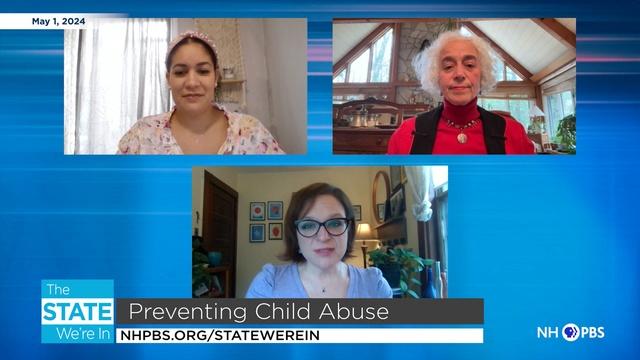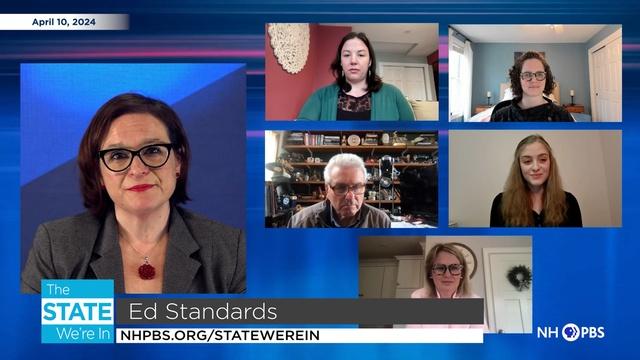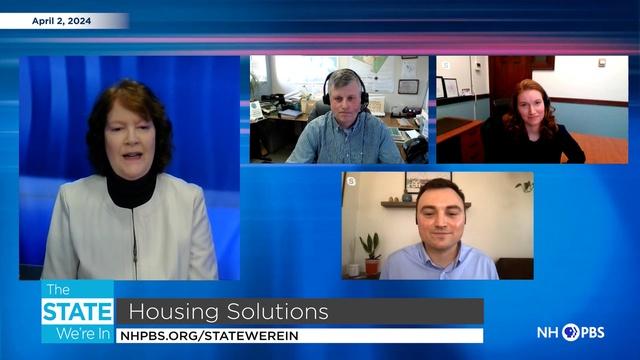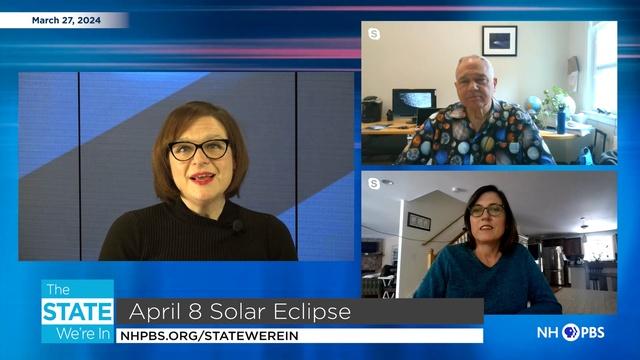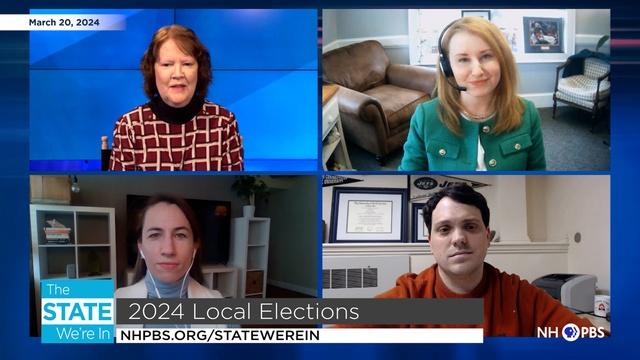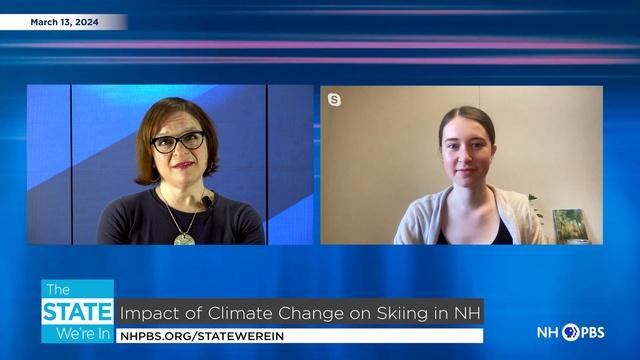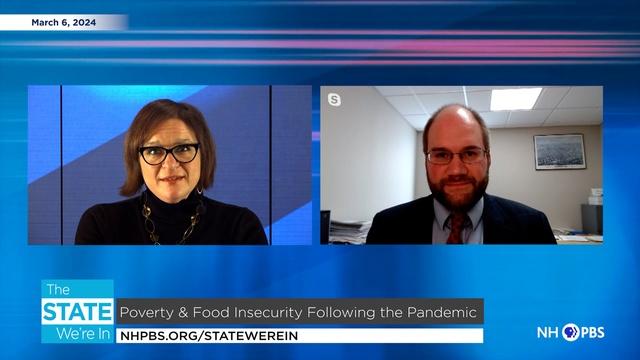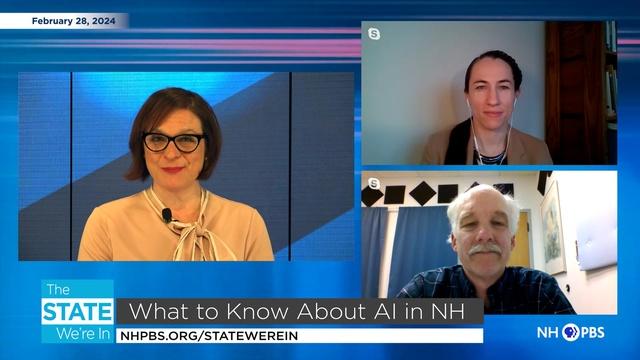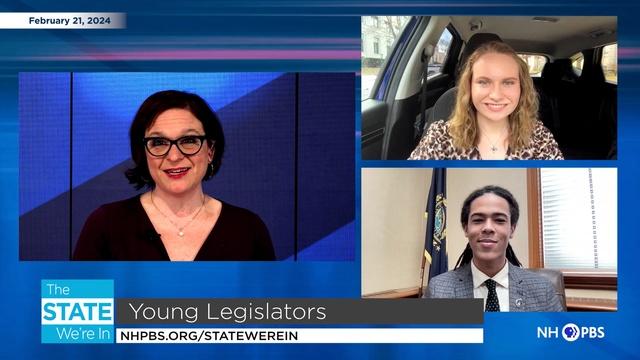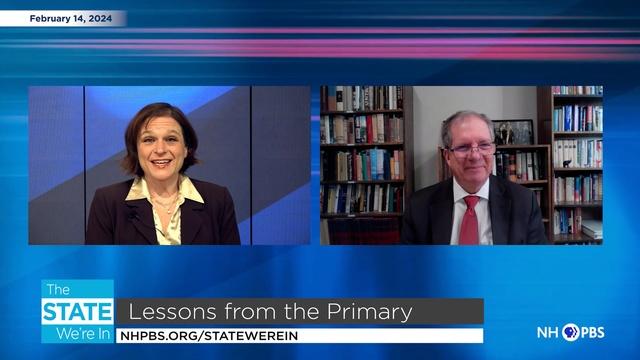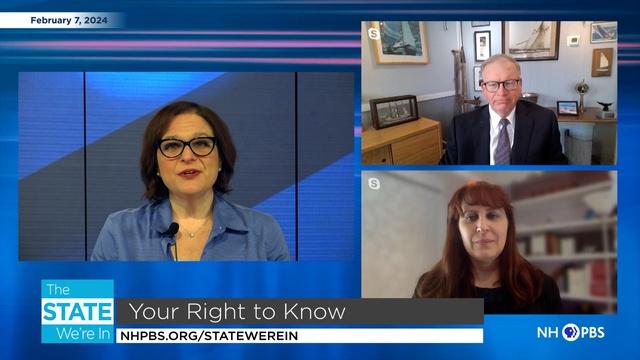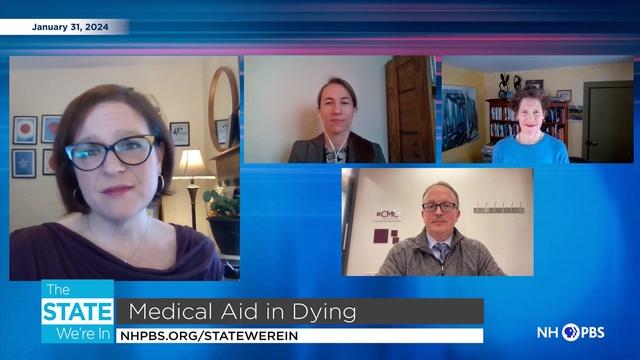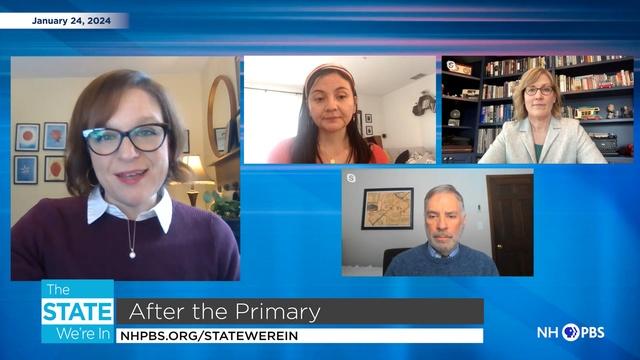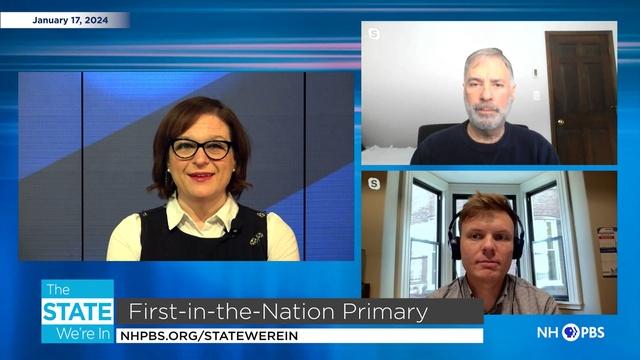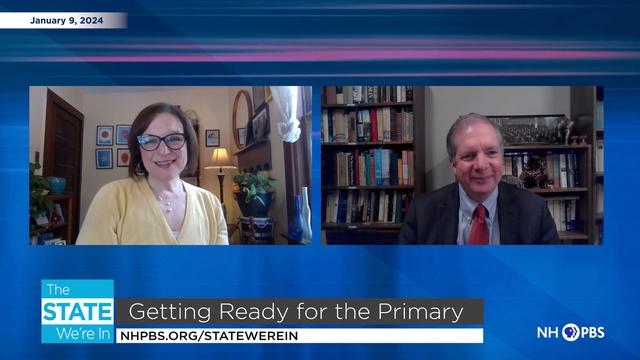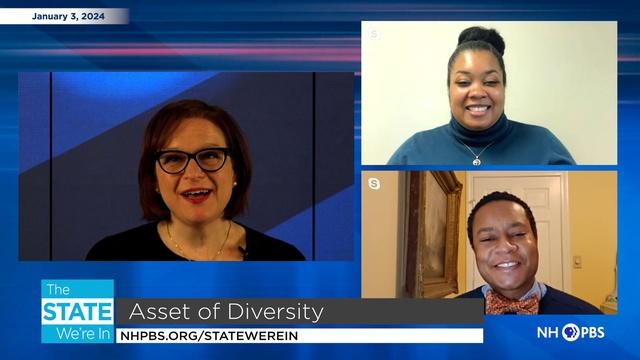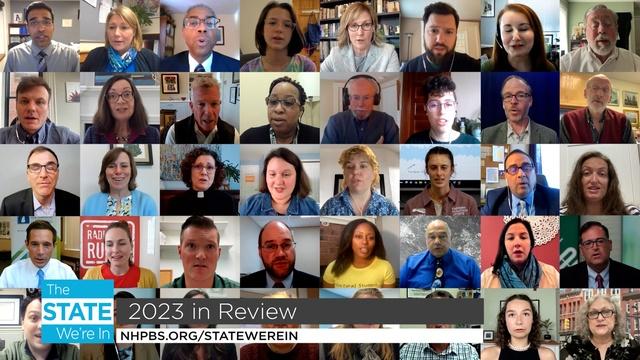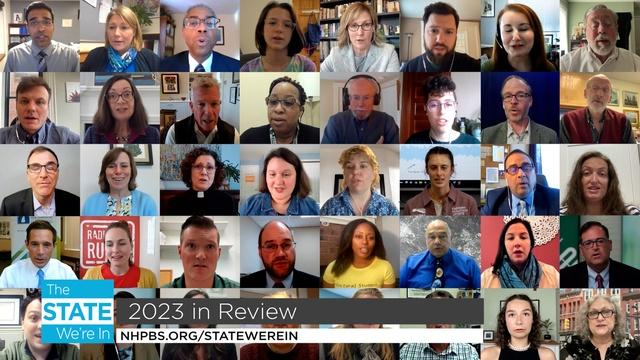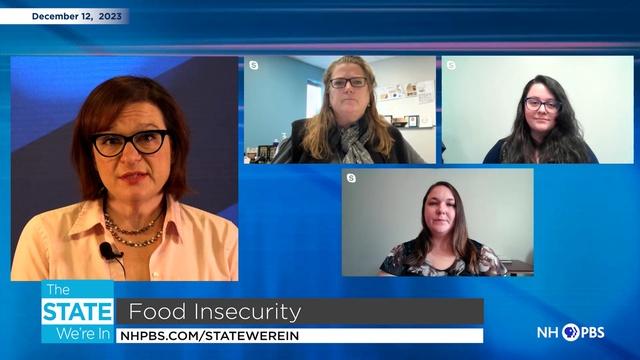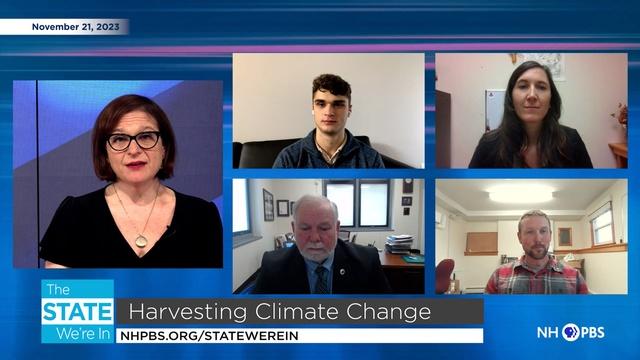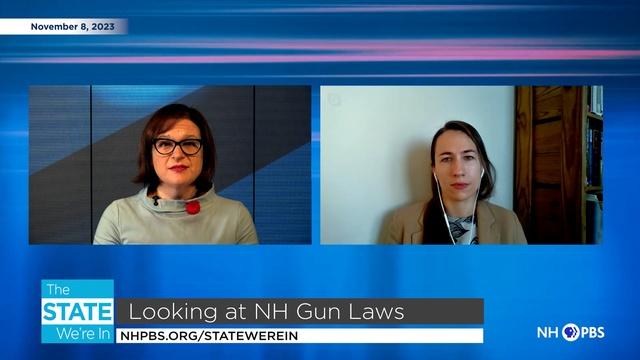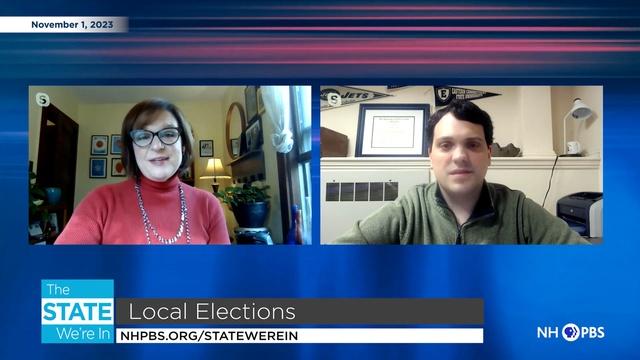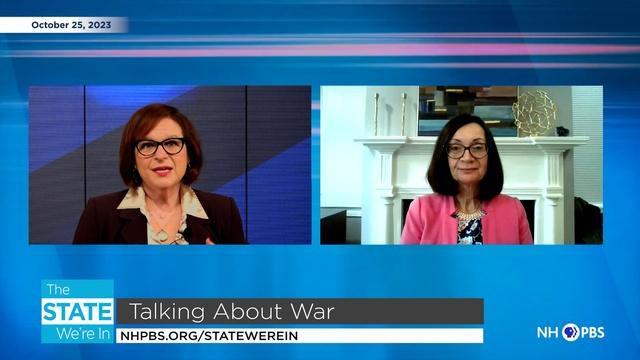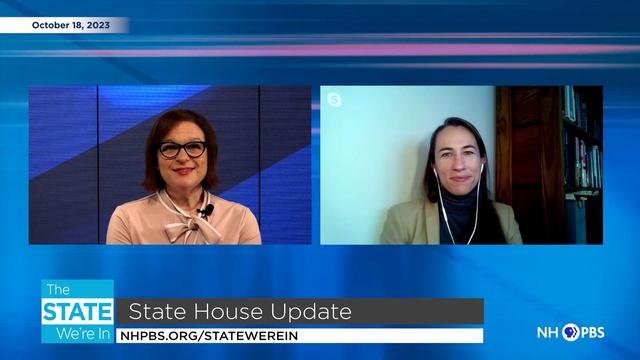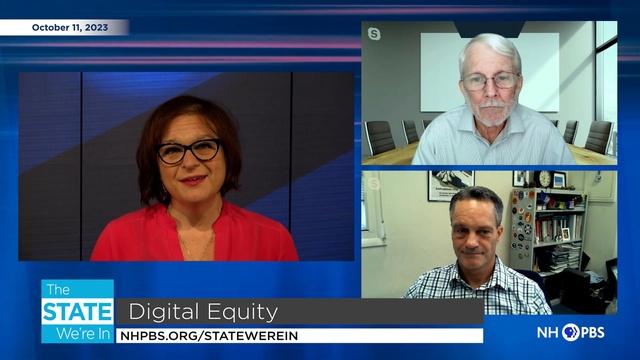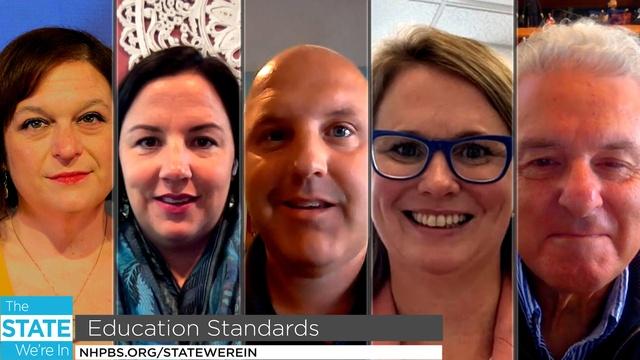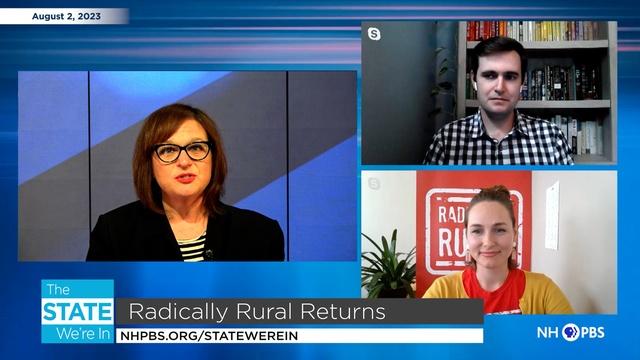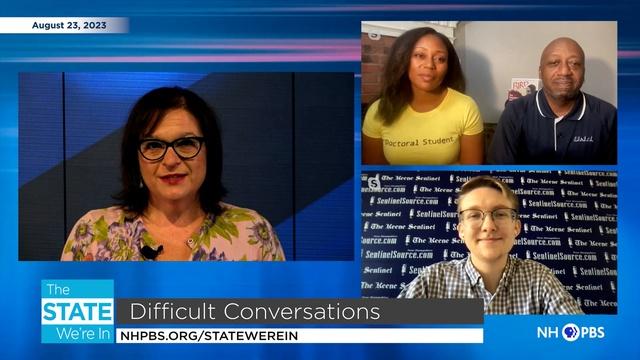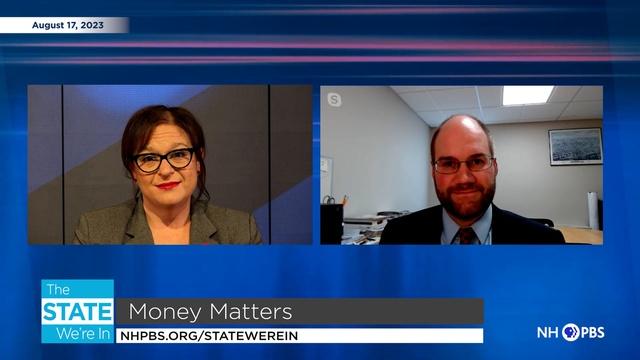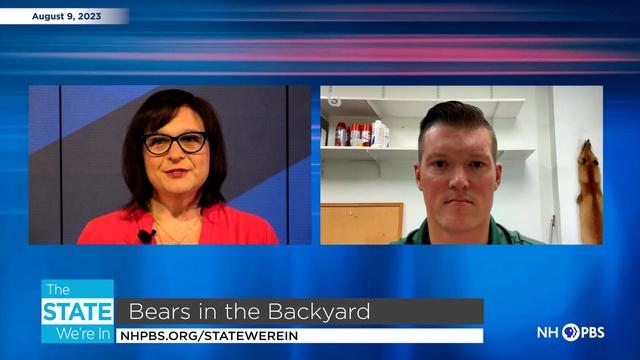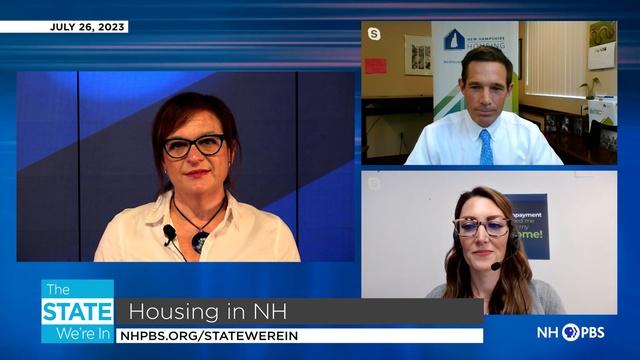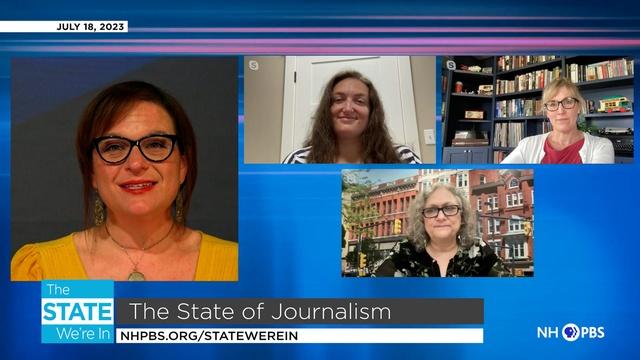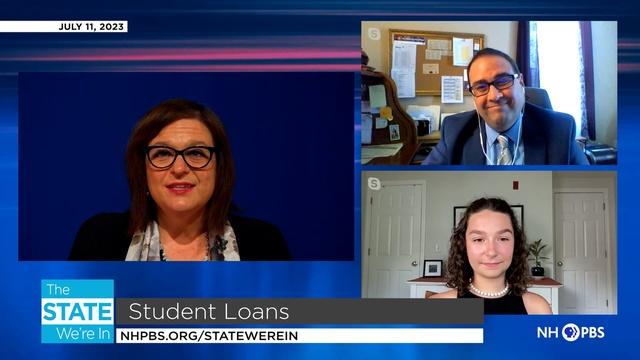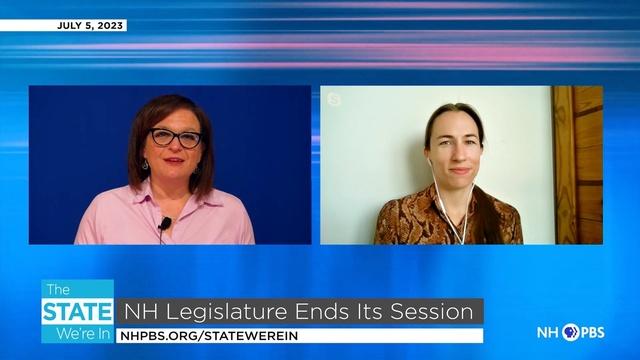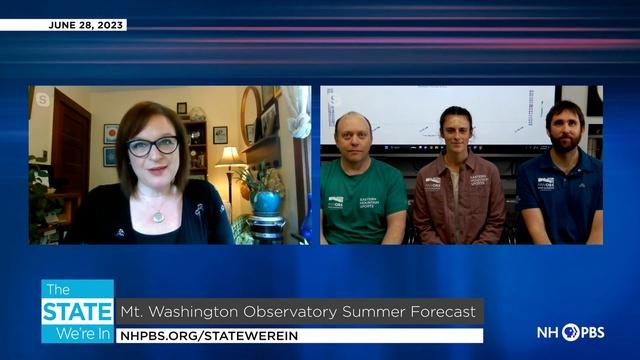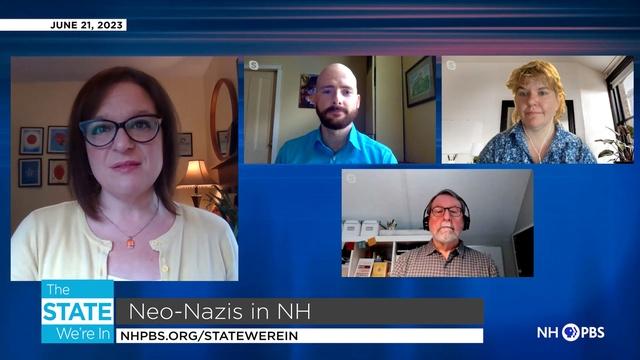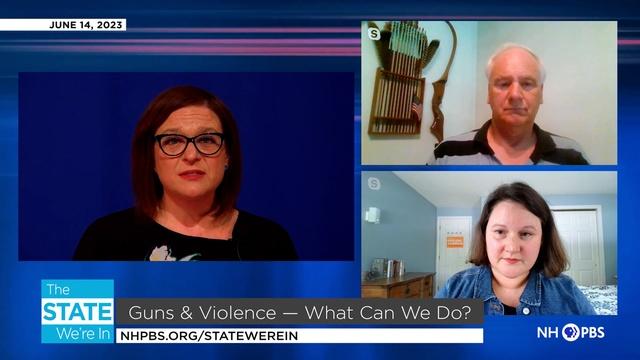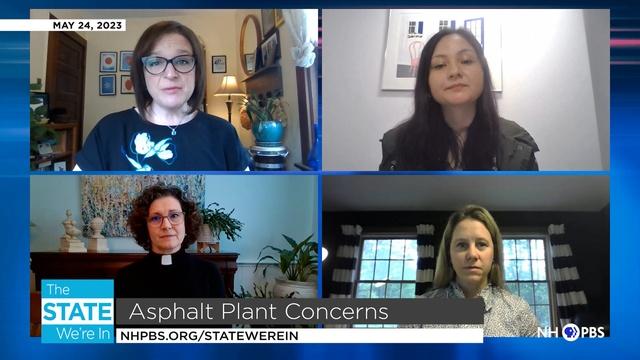Grassroots Tutoring Initiative Serves Black, Immigrant Students
From: Granite State News Collaborative
By Kelly Burch and Nour Habib, Granite State News Collaborative
The program, and the backing it has received, is an example of community members being empowered to craft their own solutions to problems they face.
Like many New Hampshire mothers, Joy Adumene of Manchester struggled to help her four kids with remote learning during the pandemic.
Unlike most parents, Adumene and her husband had an added challenge: as immigrants they never went through the American school system so helping their children — ages 15, 14, 11 and 6 — left them feeling especially lost, she said.
“I’ve never been to school, so I don’t know most of what they’re supposed to get or not supposed to get,” said Adumene, who immigrated from Nigeria. “At school they get more resources than when they’re stuck home with me.”
That’s why Adumene was relieved to hear that her sister-in-law, Kile Adumene, was organizing a grassroots tutoring program in Manchester, aimed at supporting Black, brown and immigrant students.
The Manchester Community Action Coalition (MCAC) Virtual Community Tutoring Program was formed in response to concerns about support and resources for community members of color, said Kile Adumene.
Manchester has a unique challenge. As the state’s biggest district, it also has the highest percentage of minority students. In 2019, 46.5% of the district’s enrolled students were minority students.
MCAC began holding community meetings in February 2020 to discuss the worries of communities of color and immigrant communities. At the forefront of many minds was their children’s success in school, something that became even more pressing once the state switched to remote learning.
“Out of those conversations, once we dealt with the immediate issues like computer access, it became clear that what was still needed was ongoing academic support,” said Grace Kindeke, of Manchester, who is helping to organize the program.
The MCAC tutoring program officially kicked off in November and has grown since. Today, 37 students in kindergarten through 12th grade and more than 60 volunteer tutors participate in the free tutoring sessions.
The MCAC tutoring program aims to provide students the support and guidance that many of their white peers have at home. This includes academic support, especially for families of color, who are more likely than white families to have parents that work full-time outside the home, even during the pandemic, according to data from the Urban Institute.
“They have to have two or three jobs, or they don’t have the educational capacity to be a teacher,” said Kile Adumene. “The parental engagement is limited, not because parents don’t want to be (involved), but they don’t have the luxury, the privilege, to do as much as they would desire to do.”
The program was recently awarded two $20,000 unrestricted cash donations, one from YWCA New Hampshire and the other from The Southern New Hampshire University (SNHU) Center for New Americans.
“What drew us in more than just the need, was that this was a solution coming directly out of the voices of the community itself,” said Steve Thiel, assistant vice president of Social Impact & Community Relations at SNHU.
A problem that precedes the pandemic
Kile Adumene believes that the challenges facing Black and brown students in New Hampshire began long before the pandemic.
“Even before COVID, this has been a problem,” Kile Adumene said. “Kids are not getting real academic enrichment that allows them to be successful in college.”
One of the most important aspects of the program, Adumene said, is teaching children how to succeed academically despite the challenges of being a person of color, an immigrant, or someone with a tumultuous home life.
Tutors help students with academics and create a system for doing school work despite the challenges that each particular student has.
“(Those) skills allow them to develop a self-sufficiency,” Adumeme said.
Nationally, Black and Hispanic students have lower standardized test scores on average according to Stanford’s The Educational Opportunity Monitoring Project which some say can be attributed to racial biases in testing.
At Manchester schools, in the 2018-2019 school year, 39% of white students who took the State Assessments scored proficient or above on the English Language Arts test, as compared to 18% of Hispanic students and 19% of Black students, according to data collected by the state Department of Education. Similarly, in the math assessments, 29% of white students scored proficient or above, as compared to 13% of both Hispanic and Black students.
Families of color have also identified a practice called leveling as a possible part of the problem. This is a model in which students are grouped into separate classes based on perceived ability or past performance.
Critics say the practice leads to lower expectations for students of color, who are disproportionately placed in lower-level classes.
In Manchester, an overwhelming majority of Black and Latino students in the Class of 2016 cohort were enrolled in lower-level classes. According to a presentation made to the Manchester Teaching and Learning committee in December, about 80% of Black and Latino students in this cohort took lower-level classes, compared to about 55% of white and Asian students.
The leveling system has been in place at Manchester schools for many years, and led to a complaint filed with and investigated by the U.S. Department of Education Office for Civil Rights in 2014.
Since then, the district has recognized the under-representation of students of color in Advanced Placement classes and their overrepresentation in the lowest level classes.
In November, the board approved a policy to dismantle the leveling system. The new policy states that by Fall 2021, middle schools in the district will stop using leveling and high schools will drop the lowest level of classes.
By Fall 2022, Level 2 classes will be eliminated. The board approved the basic policy, but sent the specifics to its Teaching and Learning committee, where the conversation has stalled.
Nicole Ponti, executive director of English Learner Instruction and Equity for the district, said it is disheartening to hear that students and families are not receiving the support they need from the district.
Ponti, who has been in her role since late 2019, said she welcomes the chance to collaborate and hopes families and groups who feel they are not receiving the support they need from the district will contact her directly.
Ponti said the dismantling of the leveling model will empower and engage students. She said the current administration is committed to improving equity across the district, which was a big component of the school’s new strategic plan approved last year.
The new plan emphasizes high expectations for all students, she said.
“Our job is to differentiate instruction and to provide the scaffolds to get them to this expectation,” Ponti said.
That means students are working toward the same expectation, but are offered different supports based on their needs, she said. For example, while students may all listen to the same lesson, they could receive different assignments based on what area they need to work on.
But change takes time, Ponti said, and a lot of planning and laying out the ground work is necessary for the shift, including professional development for teachers to support them as they transition to a different way of teaching.
A system that is not meant to serve people of color
Kile Adumene, who immigrated from Nigeria when she was 18, saw racism as her four children, now 21, 14, 13 and 11, passed through the school system in Manchester.
When her oldest son was in first grade, a teacher began complaining about his behavior and suggested he be put on medication. Adumene and her pediatrician both felt that the boy was typical.
“It was all about this system that was made not to serve people like my son, who is a Black boy,” Adumene said.
Students of color are underrepresented in gifted programs — which provide accelerated coursework to the brightest students.
A 2016 Fordham Institute study of nearly 11,000 students nationwide found that Black students are 66% less likely than white students to be in a gifted program. The racial disparities could not be fully accounted for, even when researchers controlled for test scores and socioeconomic status.
“There’s a system here (where) low expectations are set up for Black kids,” Kile Adumene said. “We want to take the future of Black and brown kids seriously.”
Adumene shares the example of her oldest child, who went through the Manchester district. One year, a teacher tried to move him from a more challenging class to a lower-level class. Adumene said she knew he could perform well in the higher-level class.
But her son kept getting bad scores on his quizzes, and the teacher spoke to Adumene to tell her that her son “just can’t do it.”
“But I didn’t believe my son was stupid,” she said.
Over two weeks, Adumene took time off work to help her child study. He scored a 97% on the next quiz.
It wasn’t that he couldn’t do it, Adumene said. It was that he needed support. And that support simply wasn’t provided at school.
Supporting students of color
Kile Adumene said the Coalition’s tutoring program aims to rectify the effects of systemic racism, especially concerning the lower expectations for Black students and other students of color.
The program shows students that they’re not only capable of achievement, but they are expected to achieve.
“We encourage the community to come in and provide the extra support to kids so they can feel like they’re surrounded by people who care,” Adumene said. “That they matter and that their future is promising.”
Adumene said the school district has a good structure in place to help immigrant families through their English Language Learner services. But beyond that, families and students struggle.
In the 2019-2020 school year, nearly 15% of the Manchester school district’s students were eligible for services for Limited English Proficiency, according to data from the New Hampshire Department of Education.
Ponti said the district – in partnership with the Center for New Americans, the International Institute of New England and other organizations – has been holding numerous Parent Night events throughout the pandemic to help immigrant families navigate the process of remote learning. Transition Nights are also planned now as students return to the classroom, and a Back to School Night is planned for the fall.
Around the same time as the Coalition began its tutoring program, the district also started partnering with Saint Anselm College’s Meelia Center for Community Engagement for tutoring services for students.
It was a response to the pandemic, to help students who were struggling with remote learning for various reasons. But Ponti said they plan to keep the partnership going even after the pandemic, for students who need support outside of the regular classroom.
Adumene said despite the offerings for immigrant students, and even the available tutoring programs, she was still hearing from people of color in her community that they needed more support.
A community solution
Although Adumene and Kindeke are organizing the tutoring project, they emphasize that the solution came from the community that it serves — something they both take great pride in.
Too often, well-meaning, predominantly white charities provide programming that they think will benefit the community, without spending much time talking to community members, Kindeke said.
Institutions like cities and school systems need to become more comfortable working directly with the communities they want to serve, she said.
Although the tutoring program is in its infancy, the organizers hope that it will help level the playing field for Black, brown and immigrant students in the Granite State, while also demonstrating to communities of color that they have the autonomy to provide solutions to the challenges they face.
“It’s one thing to tell a kid to dream and another thing to tell them how to bring that dream to reality, and another thing to support that dream to come to reality,” Adumene said.
GSNC Data Editor John Bassett contributed to this report.
These articles are being shared by partners in The Granite State News Collaborative as part of our race and equity project. For more information visit collaborativenh.org.
Watch Online
The Monitor's Seized and Sold
A look at the Concord Monitor's "Seized and Sold" series, which examines evictions and foreclosures.
Return to the
The State We're In
Main Page
Support for The State We're In is provided by New Hampshire Charitable Foundation, Eversource and Hitchiner Manufacturing Co., Inc.
The State We're In is produced in partnership with the Granite State News Collaborative and the students and staff of the Marlin Fitzwater Center for Communication at Franklin Pierce Unversity in Rindge, NH.
How can we beat the heat?
Heat waves in New England, is this our future?
Juneteenth
As the oldest known nationally celebrated event commemorating the end of slavery in the US.
Granite State Homelessness
The first in a series about homeless in the Granite State.
State House Update - 6/5/24
An update on the latest bills before the Legislature.
Waste Not, Want Not
Host Melanie Plenda and guests discuss food waste and how to keep it out of landfills.
Holding Back the Ocean
Host Melanie Plenda speaks about flooding impact on critical state infrastructure.
Youth Mental Health
Examining the Mental Health of high school students.
Preventing Child Abuse
A look at preventing child abuse in New Hampshire.
Educational Standards
A look at proposed revisions to the state's educational standards, also known as 306s.
Housing Solutions
Host Judi Currie speaks with community planners and affordable housing advocates.
April 8 Solar Eclipse
Host Melanie Plenda talks about the upcoming eclipse with guests.
2024 Local Elections
Host Judi Currie speaks with several experts on the key issues surrounding the election.
Impact of Climate Change on Skiing in NH
Melanie Plenda speaks with freelance journalist Beatrice Burack about her series.
Poverty & Food Insecurity Following the Pandemic
Poverty and food insecurity rates here before, during and after the pandemic.
What to Know About AI in NH
Host Melanie Plenda discusses the ins and outs of artificial intelligence.
Young Legislators
State Reps. Jonah Wheeler and Valerie McDonnell join host Melanie Plenda.
Lessons from the Primary
Secretary of State David Scanlon discusses the New Hampshire primary.
Your Right to Know
We discuss HB 1002, which would allow public bodies and agencies to charge up to $25/hr.
Medical Aid in Dying
The NH House Judiciary Committee will hold a hearing on HB1283.
After the Primary
A discussion about the NH Primary results.
First-in-the-Nation Primary
We talk to veteran reporters about the upcoming New Hampshire Primary.
Getting Ready for the Primary
The New Hampshire presidential primary will take place on January 23rd.
Asset of Diversity
Members of the Business Alliance for People of Color discuss how diversity can be an asset
2023 in Review
A look back at "The State We're In."
2023 - Compelling Quotes
The best quotes from 2023.
Nature's Super Bowl
Learn about two upcoming eclipses with prime viewing spots in New Hampshire.
Food Insecurity
Staffers from the NH Food Bank discuss food insecurity in New Hampshire.
NH School Funding
Learn about the recent ruling that could change the way public schools are funded in NH.
Harvesting Climate Change
Melanie Plenda speaks with local agricultural experts about climate change.
Looking at NH Gun Laws
New Hampshire's gun control laws and preventing a mass shooting.
Local Elections
The importance of local elections and how to prepare for them.
Talking About War
How do you talk to kids about gun violence and war?
State House Update
Citizens Count's Anna Brown discusses some of the bills the state Legislature will tackle.
Digital Equity
Bridging the digital divide in New Hampshire.
Fall Health Outlook
Infectious disease expert Dr. Michael Calderwood talks about the fall health outlook.
Education Standards
A look a proposed revisions to the state's educational standards, also known as 306s.
Radically Rural Returns
The popular small town summit is back for a sixth installment.
Difficult Conversations
Different approaches to the same goal.
Money Matters
More New Hampshire residents are finding it difficult to afford everyday expenses.
Bears in the backyard
More bears are showing up in backyards and social media feeds.
Housing in NH
The 2023 NH Residential Rental Cost Survey Report and what it means for NH residents.
The State of Journalism
Host Melanie Plenda talks through the state of journalism in New Hampshire.
Student Loans
Host Melanie Plenda talks with Financial Aid Professional and a recent grad about debt.
NH Legislature ends its session
Host Melanie Plenda talks with Citizens Count's Anna Brown.
Mt. Washington Observatory Summer Forecast
Host Melanie Plenda speaks with scientists from the Mount Washington Observatory.
Neo-Nazis in NH
Host Melanie Plenda talks about combating hate and misinformation around a drag story hour
Guns & Violence -- What can we do?
Host Melanie Plenda looks for common ground from two perspectives.
Asphalt Plant Concerns
Hear concerns about a proposed asphalt plant in Nashua, which has residents worried.
